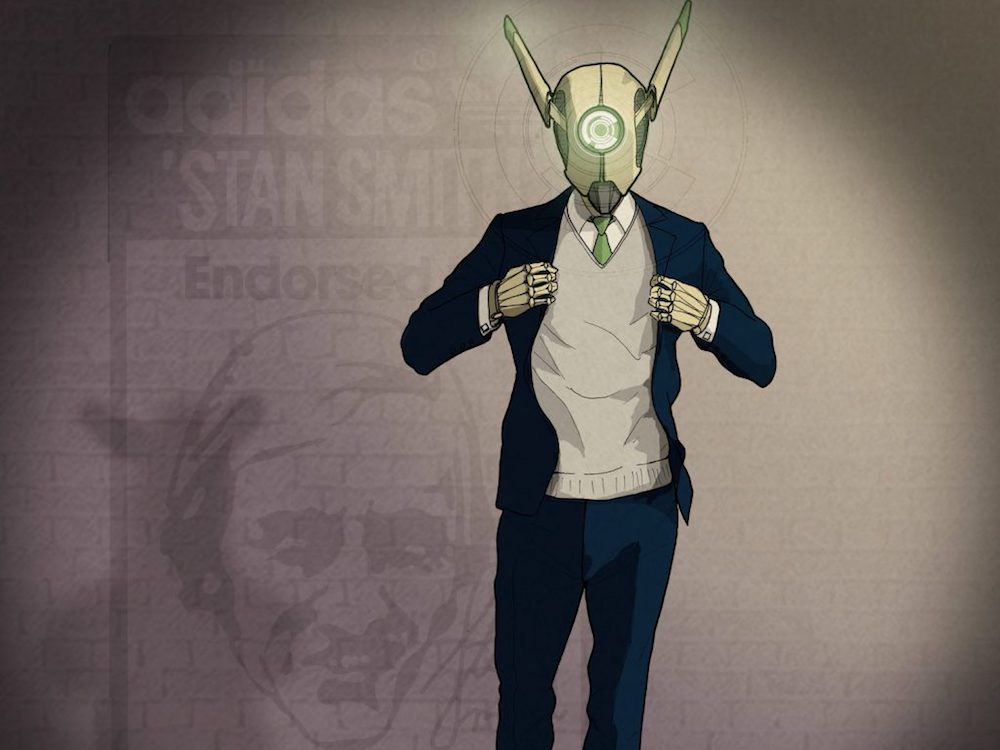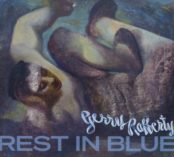Black Sabbath died electrified. Despite its name, Black Sabbath is never described as restful. Restless, or frenetic, if anything. Yet in the creationist aetiology of Heavy Metal, the climax is the seventh-day rest of Black Sabbath and where heavy metal ended.
This humble band from Birmingham represents the birth of rebellious music that finally feels comfortable in its own skin. In this Heavy Metal creation allegory, we’re talking about a musical form that arrives six days after creation. On this musical rest the earth ex nihilo regurgitated well-worn themes of 20th Century music (Blues, Jazz, Rock etc.) and coalesced around the true creative energy – metal. On the Sabbath, or rather on the Black Sabbath, this narrative finds respite – the pendulum stopped swinging from mainstream appropriation of outsider music to would-be insiders flexing the privilege of rebellion. Just as the Sabbath rest is the culmination of creation, Black Sabbath marks the creation of Heavy Metal in what Black Flag singer Henry Rollins calls ‘the creation of space’. In an NPR interview he stated that ‘there’s not a lot of music on the Paranoid album. That’s not a put-down: I’m saying there’s a lot of space, and that’s where the album gets a lot of its power’. Black Sabbath is able to instantiate a new music genre through and because of the ‘absence’ of music.
Let us investigate, because of the central place that Black Sabbath has in 20th Century music you may not agree that Black Sabbath is the culmination of Blues, Jazz and Rock however the band members’ history mirrors that of pop. From their pre-incarnations (until 1970), as the Polka Tulk Blues Band, Earth, Mythology and Jazz Sabbath (the latter a fictive reimagining), demonstrate early Black Sabbath’s attempt to fit a genre and find an audience. Arguably, while simultaneously rebelling against, or negating, these genres through volume, feedback and dissonance.
Undeniably, Black Sabbath’s debut is significant yet it is their ability to sustain this same note of genre-bending rebellion on successive albums and through five decades, that truly cements their place in non-musical history. Where ‘War Pigs’ (1970) resonates with the anti-Vietnam sentiment of a generation it is the themes of apocalyptic technology and chemical-induced nihilism that they’ve carried through from ‘Electric Funeral’ (1970) to their final record 13 (2o13, see ‘End of the Beginning’ and ‘God is dead?’) that strikes a timeless chord. And it’s these themes that capture the swing between life, death and renewal that remain irresistible beyond the chains of genre. Remaining relevant across 50-plus years and embodying tropes, rather than the trends, of dynamism and rebellion is why Black Sabbath is the undead messiah that calls rebellious children from the grave.
[This vignette is part of our 500 words on Black Sabbath series]
Credit: Illustration by Derren Toussaint 2018.

The aim of art is to represent not the outward appearance of things, but their inward significance. – Aristotle




















